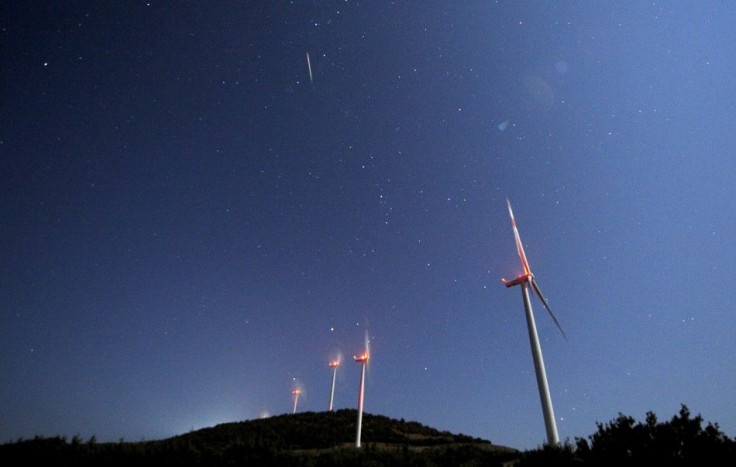Scientists Have Discovered Possible Evidence Of Life And Biological Activity On Mars -- Report

For centuries, scientists and researchers have argued over the possibility of existence of life on Mars. Several theories and speculations have emerged, contributing to the debate. And now a new study of a meteorite from Mars is said to contain evidence of alien life on the red planet.
According to Universe Today, recently a paper appeared in Meteoritics and Planetary Sciences journal that claim that proof of life on Martian surface arrived on earth in the form of Tissint meteorite in 2011. The report notes that the international team of researchers says that the Martian rock has some "internal features" that "appear to be organic materials."
Tissint Meteorite is a rock from Mars that landed in Guelmim-Es Semara region of Morocco almost three and a half years ago. It was removed from the surface of Mars 700,000 years ago as a result of an asteroid collision. The rock provides evidence of weathering conditions and water on Mars. It's the fifth rock from the planet to land on Earth.
The findings of the team, including scientists from China, Japan and Germany at EPFL's Earth and Planetary Science laboratory, are based on the analysis of organic carbon found in the fissures of meteorite from Mars. The scientists reportedly suggest that the carbon matter have a "very probable biological origin." However, they are still debating about the origin of the carbon in the rock.
Upon conducting "chemical, microscopic and isotope analysis" of the carbon component they derived several explanations, one being that the carbon was filled in the fissures before Tissint fell from Mars.
"A more likely explanation is that liquids containing organic compounds of biological origin infiltrated Tissint's 'mother' rock at low temperatures, near the Martian surface," reads the report. Another explanation states that the organic matter may have been appeared on Mars when "very primitive meteorites - carbonated chondrites - fell on it."
Philippe Gillet, director of EPFL's Earth and Planetary Sciences Laboratory, says that "insisting on certainty is unwise" on a debatable topic like this. He ensures that he is open to the new and contradicting findings. However, he insists that their findings will "rekindle the debate" about the "possible existence of biological activity on Mars- at least in the past."




















